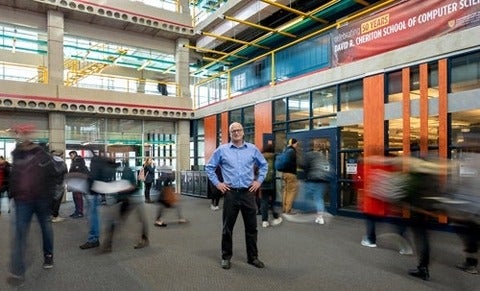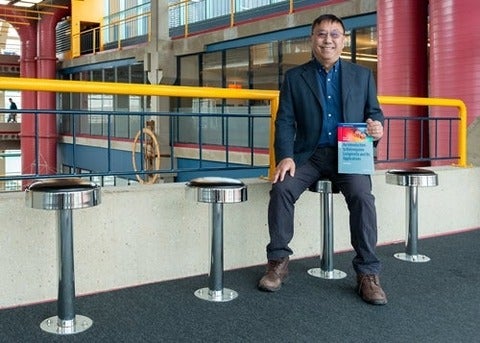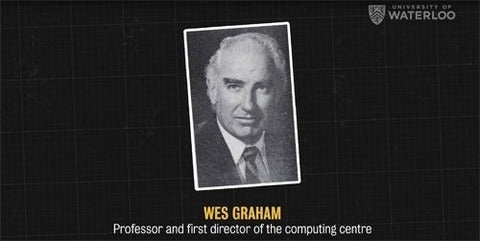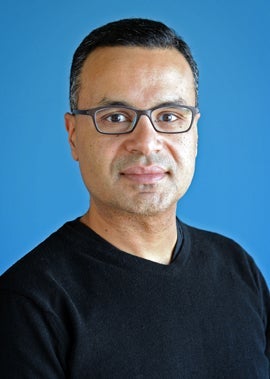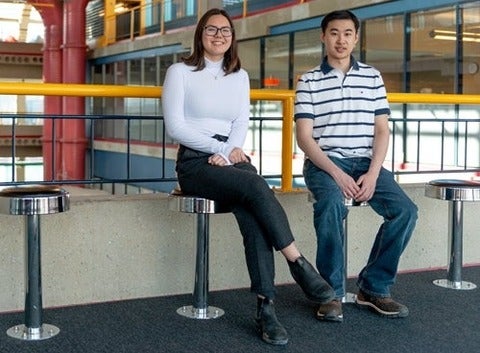Florian Kerschbaum receives 2019 Outstanding Young Computer Science Researcher Award
Professor Florian Kerschbaum has received a 2019 Outstanding Young Computer Science Researcher Award from CS-Can/Info-Can, the nation’s professional society dedicated to representing all aspects of computer science and the interests of the discipline to Canadians.

